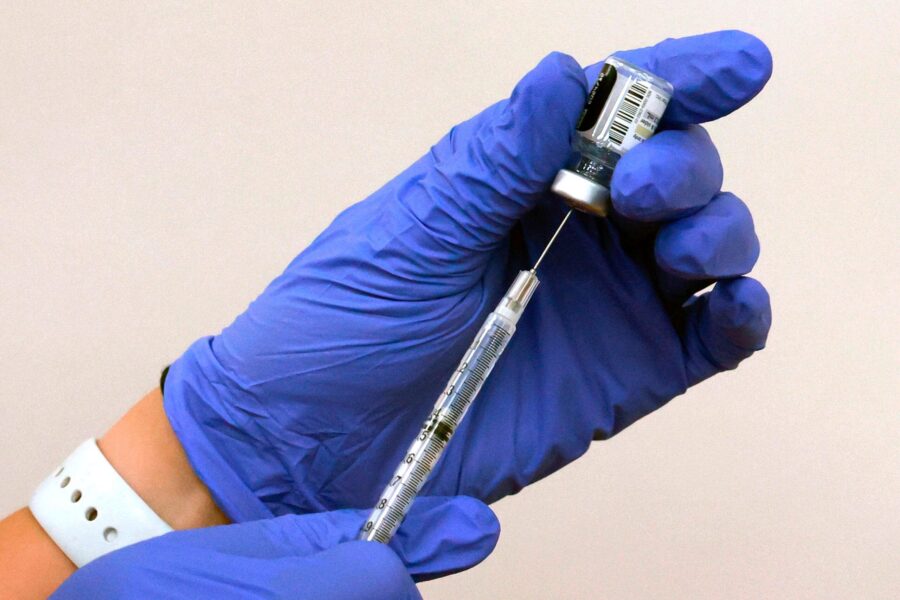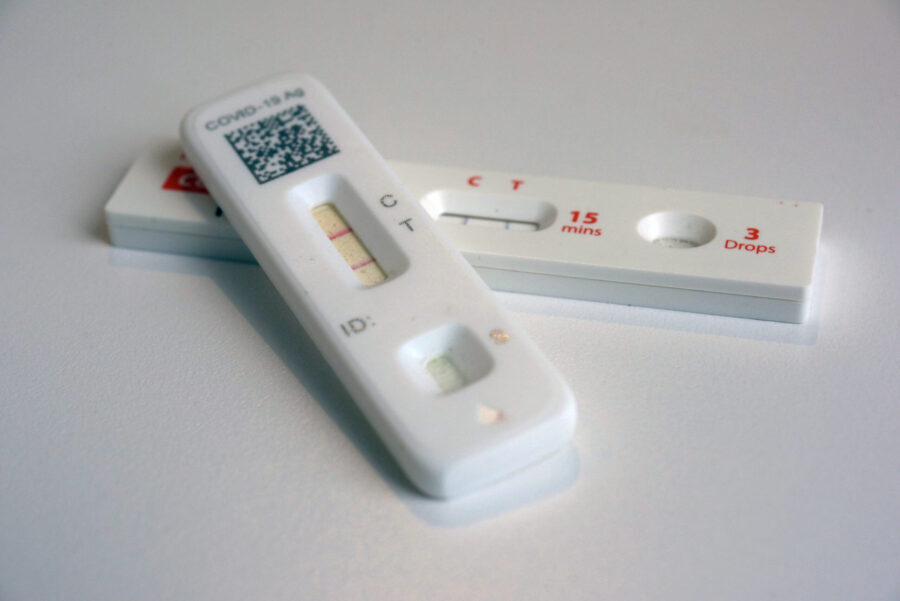Study: Caring For COVID Patients May Increase Risk Of Mental Health Problems For Caregivers
Jan 13, 2021, 7:27 PM | Updated: Jan 14, 2021, 8:11 am
SALT LAKE CITY, Utah – More than half of health care workers caring for COVID-19 patients could be at risk of mental health problems, according to a new study released this week by scientists at University of Utah Health.
The Utah Department of Health reported 2,899 new COVID cases and 566 people hospitalized on Wednesday. However, the daily counts don’t include what a new study calls “the rising risk of mental health problems among health care professionals working on the frontlines of the pandemic.”
“I think the experience of being a front-line responder right now is a complicated one,” said Dr. Andrew Smith, a clinical psychologist, the study’s senior author and director of the University of Utah Health Occupational Trauma Program at Huntsman Mental Health Institute.
“I think the big word that surrounds all of this is kind of burnout,” Smith said. “Switching gears from that heightened stress and threat day after day back to sort of the daily family life is a really complicated task for people biologically.”
Researchers surveyed 571 health care workers in the Mountain West, including emergency responders, nurses and doctors. Of those surveyed, 56% screened positive for at least one mental health disorder. Problematic alcohol use, insomnia and depression were most prevalent.
“We see that the rates for emergency responders, in particular, look like 9/11 and Hurricane Katrina rates,” Smith said.
“Having direct contact with patients wasn’t necessarily causing an increase in anxiety, depression, or PTSD. But it was causing homeopathic ways of coping,” Smith said. “And one of those would be drinking alcohol.”
“There are a number of nights I have not slept through this,” said Dr. Kencee Graves, who participated in the survey and is an associate chief medical officer of in-patient at U of U Health. “I will tell you I have needed to talk to my therapist a number of times to process the stress of what we do.”
Graves, who regularly works with COVID-19 patients and those with other sicknesses, said she can relate to at least one of the mental health problems identified in the study: insomnia.
“The fatigue on our health care teams is palpable,” she said. “You can walk through, and while we’re still going, we’re tired. And that is tough because I still think we are several months away from this.”
Graves said she can also see how other things happening in the country and world could be contributing to the mental health struggle. She sees it in her patients.
“In addition to seeing more COVID-19, what I’ve also seen is more suicide attempts, is more alcohol-related illness, is more intoxication, is more abuse,” she said. “It’s been a really, really hard year for everyone, and I think in health care sometimes we feel a little bit of responsibility to take care of others. That’s why we’re in this.”
Surprisingly, health care workers in the study felt less anxious as they treated more COVID-19 patients.
“You move from sort of this anxious anticipation phase to this phase of being grounded in the mission and grounded in the work,” Smith said.
Smith also emphasized that not everyone develops mental health disorders. Many prove resilient. Not because things aren’t difficult but because they find a healthy way to manage.
“We’re really interested in folks who struggled at times and were able to bounce back and what was it about them that made them able to do that,” he said.
“I don’t know what the solution to it is yet, but studying it is certainly a step in the right direction.”
Researchers suggest health care employers identify those who struggle with mental health problems and offer them an alternate role that could reduce anxiety and fear. Offering workers who struggle with alcohol abuse preventative education and alcohol abuse treatment is vital.
“I think everyone is tired and health care workers are really tired and so I think supporting each other is very, very important right now,” Graves said.











